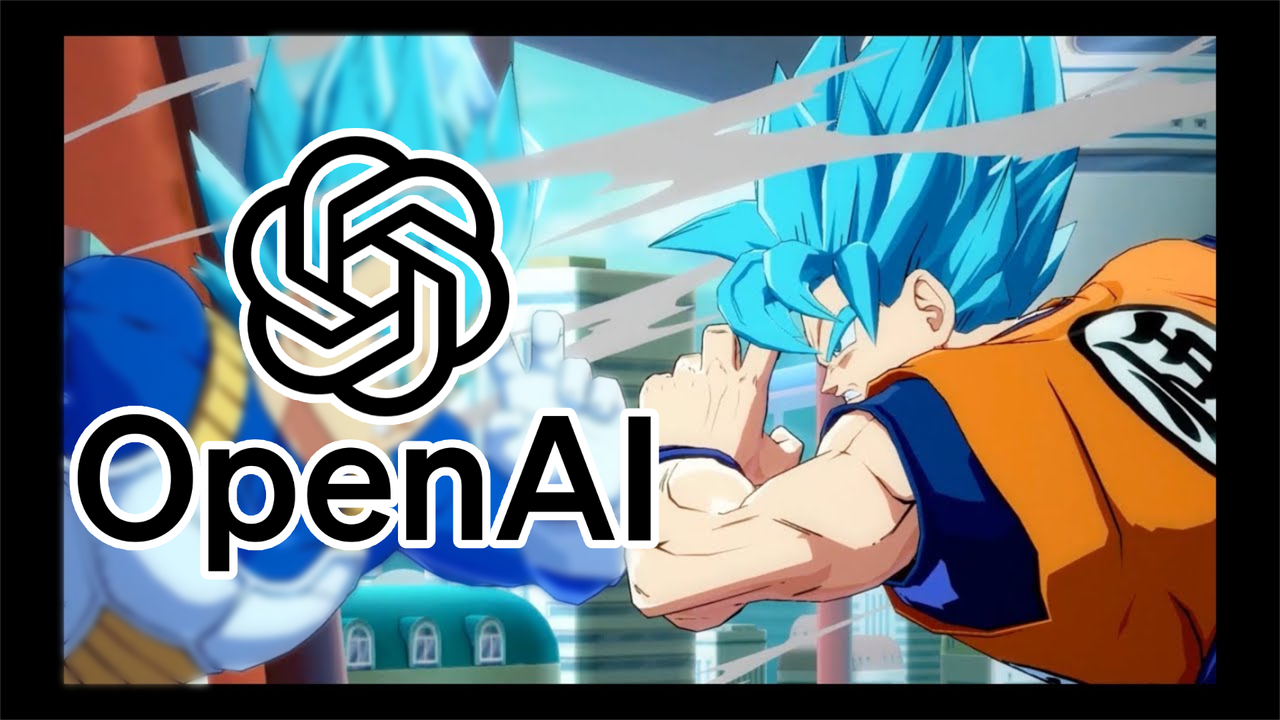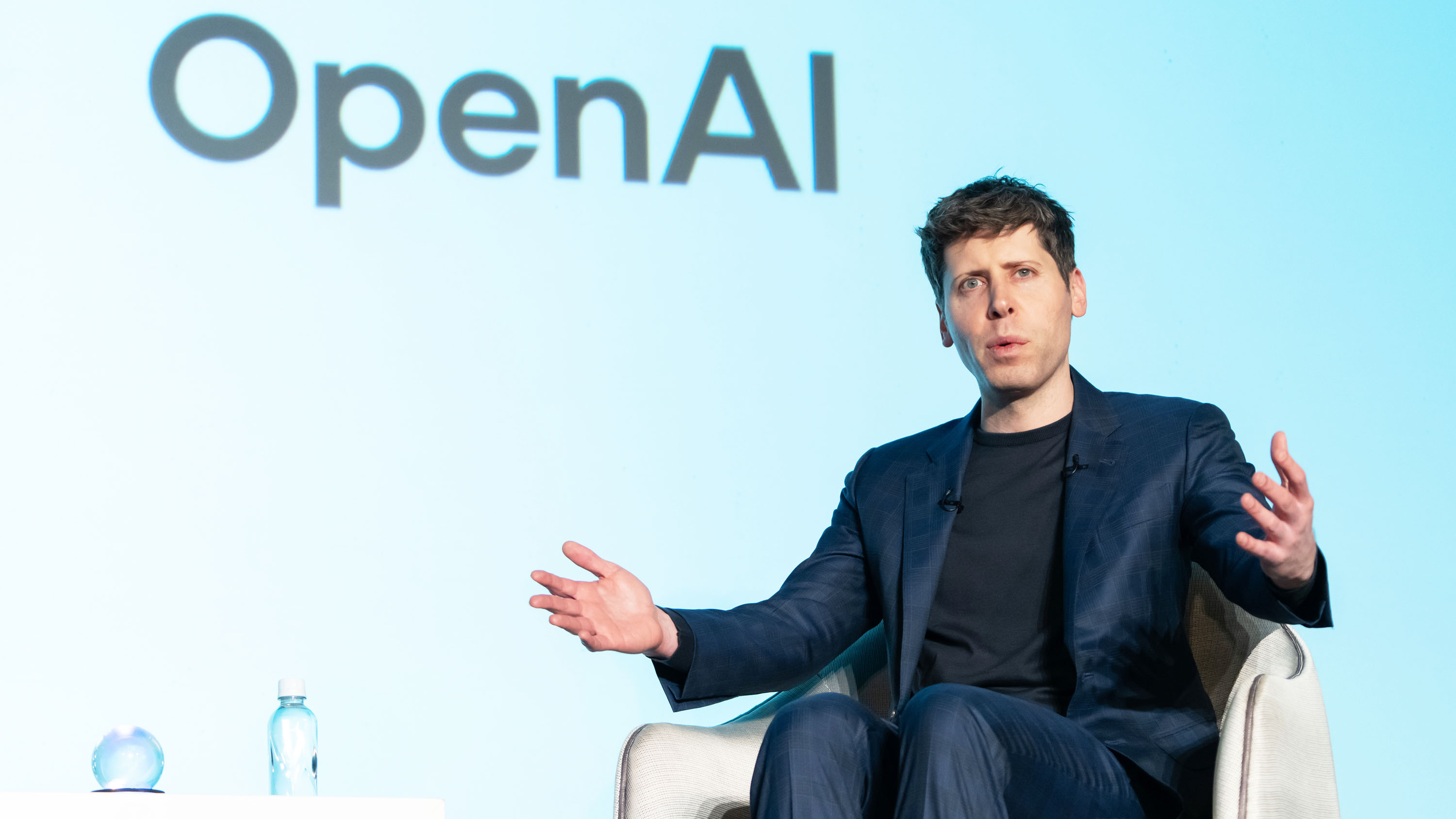
OpenAI’s Sora 2 quickly gained attention with impressive videos showcasing popular characters from franchises like Dragon Ball and Mario. However, this excitement didn’t last long. Japanese copyright holders, through the organization CODA, requested that OpenAI stop using their content to improve its AI technology.
There’s increasing worry about content created by AI, especially regarding the unauthorized use of copyrighted materials. This is particularly true in Japan, where industries like anime, manga, and video games are very strict about protecting their copyrights.
CODA is a group that represents key Japanese companies and protects their creative works, such as those from Studio Ghibli, Bandai Namco, and Square Enix.
CODA and Japanese Creators Challenge OpenAI’s Sora 2 Training Data

On October 28, 2025, a Japanese organization called CODA sent a letter to OpenAI, asking them to stop using protected Japanese material to teach their AI systems. CODA believes OpenAI’s process could violate copyright laws because the videos created by their Sora 2 AI are too similar to existing copyrighted works.
Sora 2 lets users choose whether their IP is used, but Japanese copyright law usually requires permission *before* content is used, not just an option to remove it afterward if a problem occurs.
Sora 2 has generated content that closely copies copyrighted works, specifically resembling scenes and characters from studios like Studio Ghibli and Bandai Namco, including content from Dragon Ball and other anime, which could violate Japanese intellectual property rights.
The requests demanded by CODA are as follows:
- CODA requests that OpenAI refrains from using its members’ content for training generative models without their explicit permission.
- CODA also asks that OpenAI sincerely addresses any claims or concerns from its member companies regarding potential copyright infringement related to the outputs of Sora 2.
The Future of Copyright in AI Development
OpenAI revised its policy for people who don’t want their data used with Sora, but this update might not fully satisfy legal requirements in Japan.
Because of this situation, OpenAI might have to change how it handles copyrighted material. The company could soon face lawsuits, not just from Japanese artists and writers, but from other creators too, like George R.R. Martin.
A court recently permitted author Martin to sue for copyright infringement. This happened after ChatGPT created a story idea similar to his Game of Thrones sequel, implying the AI was trained using his work without his consent.
FAQ
What is OpenAI’s Sora 2?
Sora 2 is an AI created by OpenAI that makes videos from text prompts. It recently became popular thanks to videos it generated featuring characters from well-known series like Dragon Ball and Mario.
It has also been used to create fake clips of celebrities, which have also gone viral online.
Why are Japanese IP holders challenging OpenAI’s use of their content in Sora 2?
CODA, a group representing major Japanese companies like Studio Ghibli, Bandai Namco, and Square Enix, is worried that OpenAI is using their copyrighted material without permission to improve its AI models. They point to OpenAI’s Sora 2, which creates content that looks very similar to existing, protected works, potentially breaking copyright laws.
What is CODA’s role in this situation?
CODA, a group representing Japanese creators and copyright owners, has officially asked OpenAI to stop using its members’ work to train its Sora 2 AI model. They’ve also requested a response regarding concerns about potential copyright violations.
How does the opt-in/opt-out system in Sora 2 work?
Sora 2 lets content creators choose whether or not their work is used to train its AI model. However, groups like CODA and Japanese copyright laws state that you need permission *before* using copyrighted material, meaning simply letting creators ask to have their work removed isn’t enough under Japanese legal standards.
How many companies does CODA represent?
As of 2025, CODA includes 36 companies, 11 organizations, and 10 supporting members. Some of its most prominent members include well-known names like Aniplex, Bandai Namco, Studio Ghibli, Square Enix, Kodansha, Toei Animation, and Toei Company.
Read More
- How to Get the Bloodfeather Set in Enshrouded
- Gold Rate Forecast
- One of the Best EA Games Ever Is Now Less Than $2 for a Limited Time
- USD JPY PREDICTION
- 32 Kids Movies From The ’90s I Still Like Despite Being Kind Of Terrible
- 4 TV Shows To Watch While You Wait for Wednesday Season 3
- These Are the 10 Best Stephen King Movies of All Time
- Auto 9 Upgrade Guide RoboCop Unfinished Business Chips & Boards Guide
- Best Werewolf Movies (October 2025)
- 10 Movies That Were Secretly Sequels
2025-11-05 00:40